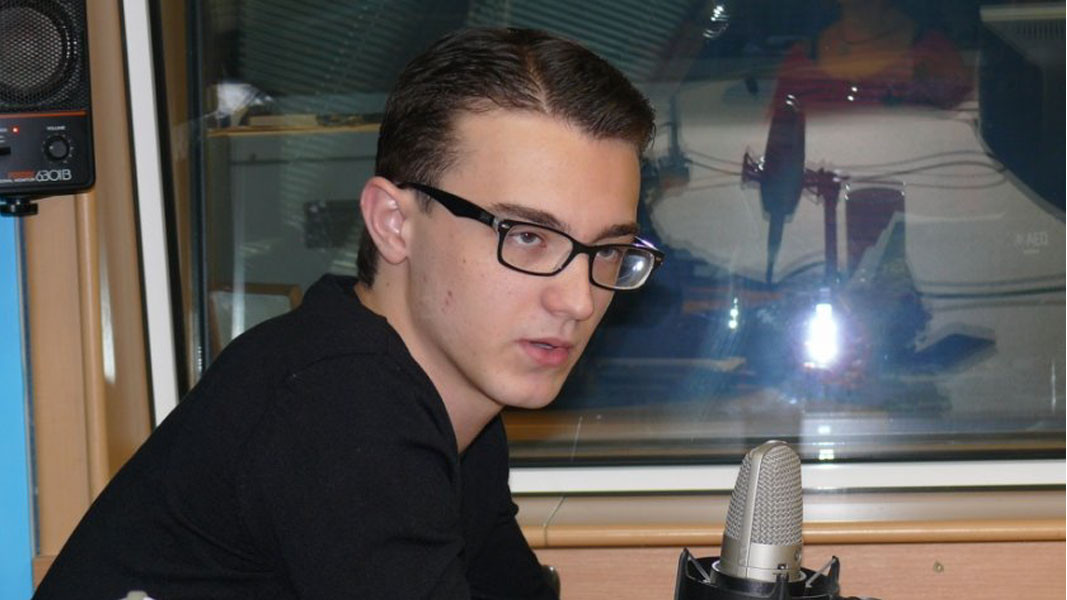One day before the deadline expires for submitting applications for voting abroad – 15 June – more than 55,000 applications had been submitted. It is hardly likely that after today – the last day – their number will reach 87,216, the number of applications submitted for the previous elections for parliament on 4 April. According to the new rules by which polling stations are set up, however, almost double the number of polling places is expected to be established for the snap election on 11 July – almost 800.

“Election legislation was in need of changes to facilitate voting but out of the approximately 1 million of our compatriots who live abroad we shouldn’t expect more than 20-25% to go to the polls,” political analyst Toncho Kraevski commented in an interview for the BNR’s “A home far from home”.
Dimitar Ivanov has been living in Switzerland for 20 years. In that time the number of Bulgarians living in the country has gone from 5,000 to 15,000.

“We are not your classical emigrants. We are modern Bulgarian citizens who are mobile, we live in dynamic times of mobile communications, we interact remotely and that makes our bond with Bulgaria unbreakable,” he says. “Because we live in countries where life is very well organized we see the solution to the problems in Bulgaria,” he adds, responding to the widespread criticism that Bulgarians living abroad don’t really know what is happening in their country.
Dimitar Ivanov has been demonstrating an active position and interest in political life in this country for 15 years by taking part in the organization of the election process abroad. He is a global coordinator of the Bulgarian Election Volunteers Network.
“After the 464 polling places set up for the elections on 4 April, this time around we are going to have 700-800. The deadline for submitting applications is 15 June. More polling places will boost voter turnout. The timing of the elections is very important. July is an active holiday month and some of our compatriots will be back in Bulgaria. We are already having difficulty finding members of section election commissions around the world. After the Covid-year people are now free to travel with vaccination or recovery certificates, so many of our compatriots abroad will likely choose to cast their vote in Bulgaria,” Dimitar Ivanov says.
Mandatory machine voting is another stumbling block when it comes to organizing elections abroad.

“The Central Election Commission must decide whether the machines available will only be used for the elections inside Bulgaria, i.e. whether it is considering installing a second machine in some polling stations, or whether there will be just one and ways will be sought to send the remaining machines abroad,” Daniel Stefanov, election systems expert commented for the BNR’s Horizont channel. “With one of these options we shall ensure a normal polling day, with the other – we shall be breaking the Election Code.”
In spite of all difficulties, however, no voting method should deter voters from exercising their right to vote.
Compiled by Yoan Kolev
Photos: libraryPresident Rumen Radev's "Support a Dream" charity initiative has attracted the support of musicians, stylists, designers and donors, the head of state's press secretariat said. A prom hosted by the president each spring brings together high school..
The Speaker of the National Assembly Natalia Kiselova will today award the winners of the 32nd Children's Easter Festival in the Serbian town of Bosilegrad. The children will compete in three categories – for the strongest, most beautiful and most..
A colorful Easter celebration under the slogan “Let’s sing and dance on Easter, on the square” will take place today in the open air in the town of Stara Zagora. A number of folklore groups and singers from the region will take care of the good..
Cambridge Day 2025 - one of the leading events for English language teachers in Southeast Europe - takes place today at the Balkan Hotel in Sofia. For..
The group cycling tour along the tourist route of the Black Sea Route Epic Tour 2025 started today . According to the extreme sports website 360mag.bg, a..
Students block the entrances to the Radio and Television of Serbia For 12 days now, students and citizens have been blocking the entrances to..

+359 2 9336 661
